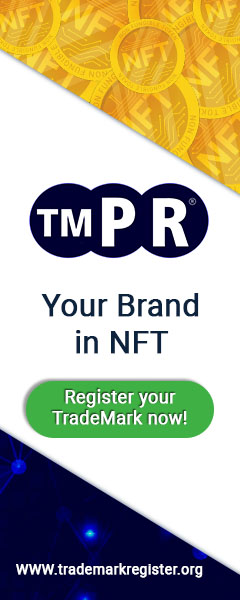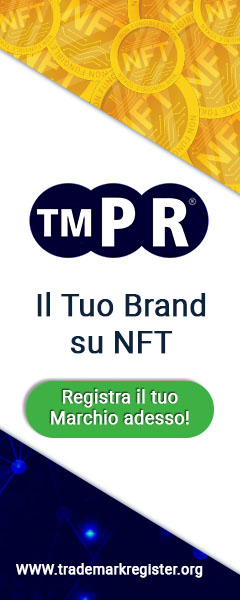
Seven countries, several of them considered tax shelters, were recognized as “abiding” with the international standards of tax transparency, according to peer reviews, undertaken by members of the Global Forum of the Organization for Economic Cooperation and Development (OECD).
Hong Kong, Liechtenstein, Luxemburg, Netherlands, North Macedonia, Spain and the Turks and Caicos Islands received good qualifications in their evaluation, because they undertook transformations in their legal frameworks and regulations on tax issues. Among the elements common to the seven that the evaluators identified positively, were: improvement in access to their citizens’ tax information, development of greater agreement networks for requests for information exchanges and a more appropriate way of dealing with these requests.
What is the Global Forum on Transparency and Exchange?
The Global Forum on Transparency and Exchange of Information for OECD tax purposes was created ten years ago, with the idea of forming norms on the matter of tax rights for eradicating the so-called “tax havens”. This organization counts on the participation of 154 jurisdictions from around the world and is focused on pressuring said jurisdictions to adhere and employ both the standard mechanism for transparency in requests for the exchange of information like the automatic exchange of information on financial accounts.
To guarantee that their demands are met, the Global Forum keeps an eye open and controls the actions taken by the jurisdictions within the legal and regulatory framework of collecting taxes. One of the most used mechanisms is the realization of peer reviews, in which the OECD experts evaluate each jurisdiction. The range is so great that the Forum gives itself the right to audit even those we
The first part of the peer reviews was carried out between 2010 and 2016. Starting now, all members of the Global Forum will have a second peer review. The seven countries already mentioned were able to “successfully” pass the control, although each one received “recommendations” from the experts for implementing the international transparency and information exchange standards more effectively, for tax purposes.
What is the Information Exchange?
It is the communication relationship between States that has the objective of exchanging information on the evasive application of their respective taxation systems by particular residents. The peer reviews of the Exchange of Information on Request (EOIR) constitute the main activity carried out by the Global Forum. The review group is composed by 30 members.
In 2016, the financial leaders of the G20, which are the countries that place the highest taxes on their citizens, identified a series of jurisdictions that, according to them, don’t comply with the international standards of exchange of tax information. In order to control the so-called “tax havens”, they created a review procedure, which increased international pressure on these jurisdictions. More than a few had to change their laws in order to show “progress” in implementing the EOIR standards and, in this manner, leave the grey- and black-lists, where they had been included, but they are still available for fiscal planning, with a series of triangulations and/or using them in a combination with other tax havens or with countries with low taxation or tax free (like the United States, for example, which doesn’t tax non-resident bank accounts).
At the time of carrying out the peer review, the experts of the Global Forum are discovering that the jurisdictions count on the instruments necessary for the exchange of tax information and that this information is available to the competent authorities.
One of the fundamental exchanges in the second part of Global Forum’s peer review is that now they demand that the jurisdictions not only offer identity and tax information of holders of legal entities (of corporations, for example), but also the same data but of all beneficiaries of these entities. According to the Global Forum, this transformation hopes to increase the fight against shell companies and to prevent the employment of legal mechanisms to hide the identities of legal owners. For many, this is also a form of increasing control on citizens and demand more taxes from them, with which these countries can finance their enormous bureaucratic apparatus. It doesn’t seem to be by chance that the G20 is what is behind this “initiative”.

